From Gameplay to Classroom: Building the InterGames Pedagogical Sequences
While the InterGames project continues to progress, another exciting component has been steadily taking form behind the scenes: our pedagogical sequences. These are structured educational units designed to help secondary school teachers use educational video games to spark dialogue, reflection, and learning across a range of interdisciplinary and socio-political topics.
In the spirit of InterGames’ core pillars – Interdisciplinarity, gamification, and conflict – the pedagogical sequences are more than just lesson plans. They are carefully developed educational journeys that start with gameplay and lead students into meaningful exploration of global issues, critical thinking, and collaboration.
Curious about the games we’re using and how we’re building these experiences? Here’s a glimpse:
🎮 ‘Climate Trail’
This narrative-based survival game places students in a future devastated by climate change. As players navigate food shortages, floods, and migration, the sequence invites them to reflect on climate science, environmental ethics, and human rights. The game becomes a catalyst for learning about global warming and its social consequences in an emotionally engaging way.
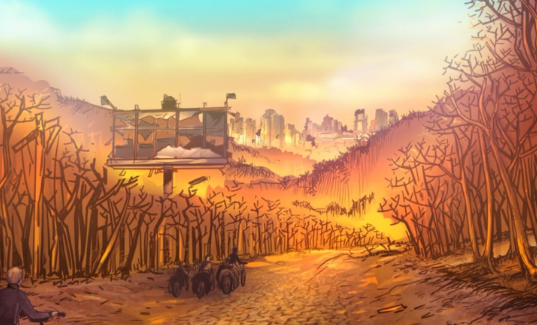
📱 ‘Phone Story’
A controversial yet impactful mobile game that reveals the dark side of the smartphone supply chain—from child labor in mines to the exploitation of factory workers and the issue of e-waste. The corresponding pedagogical sequence leads students through discussions on consumerism, global inequality, and sustainability, with plenty of space for critical questioning and ethical debates.
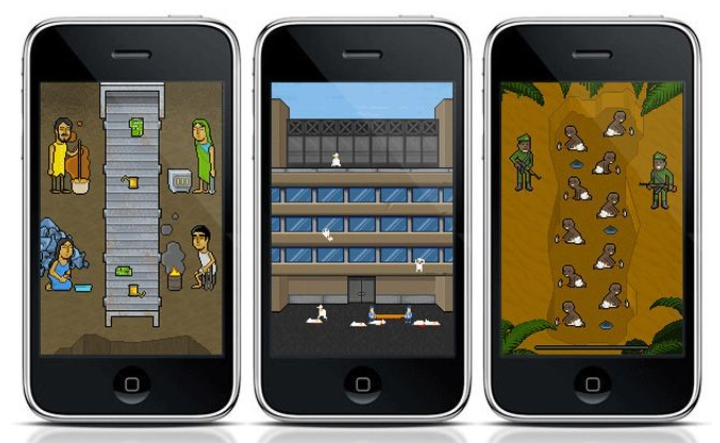
💣 ‘September 12th: A Toy World’
A thought-provoking simulation that challenges traditional notions of terrorism and military intervention. In the related sequence, students are guided to analyze media narratives, explore the roots of conflict, and understand the unintended consequences of violence. The activities promote media literacy, empathy, and peace education—essential skills for today’s learners.
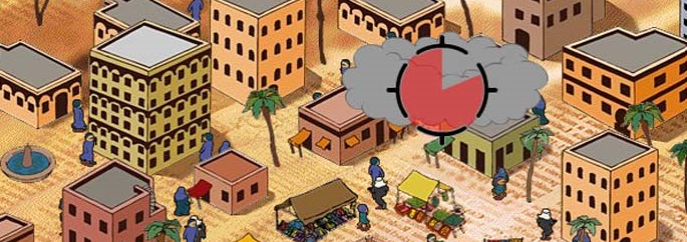
Each pedagogical sequence follows a clear structure:
– Preparation: setting the scene with short activities and key questions.
– Gameplay: students engage with the game in a guided session.
– Reflection & Debriefing: a deep dive into the game’s messages, supported by multimedia resources, articles, and creative tasks.
– Follow-up activities: further exploration and optional cross-curricular projects.
Teachers are supported every step of the way with detailed guides, learning objectives, and adaptation tips that make the sequences flexible for different teaching styles and national curricula.
These sequences are not just about using games—they’re about rethinking education. They offer a fresh way to bring contemporary issues into the classroom, encourage interdisciplinary collaboration, and make learning both impactful and engaging.
Stay tuned for future updates, and don’t forget to follow us on the InterGames (Facebook, Instagram, LinkedIn) to be the first to explore our tools once they’re ready!

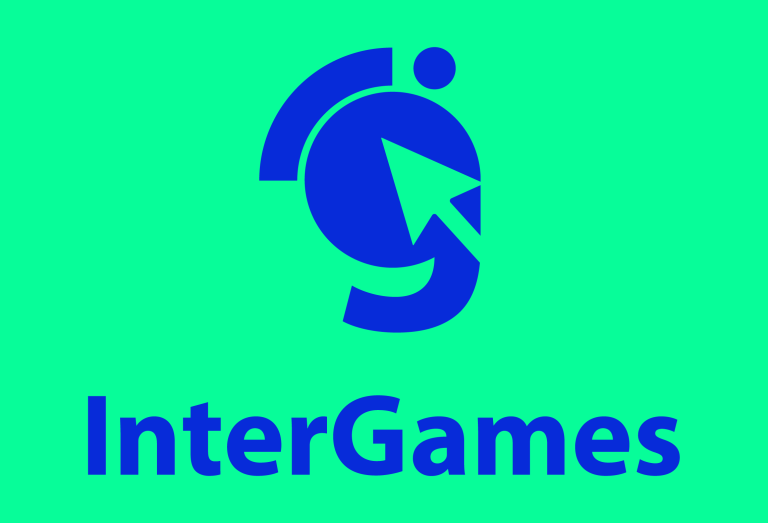
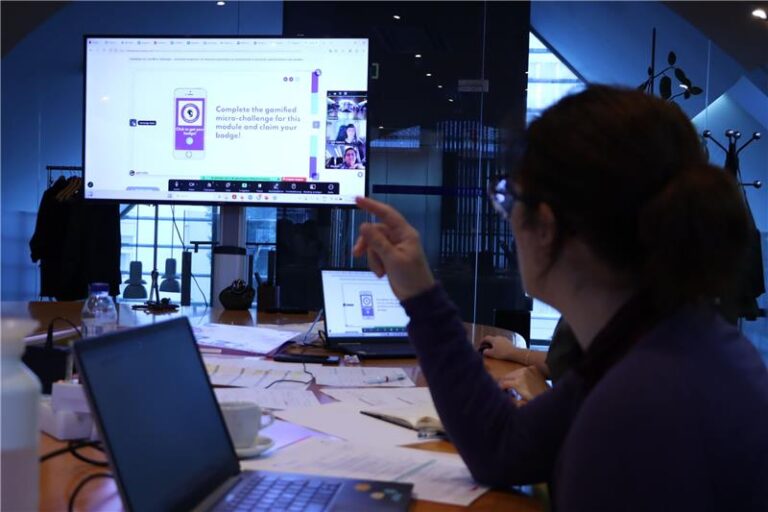

Looking forward to see and try the final materials